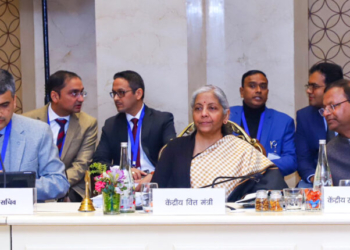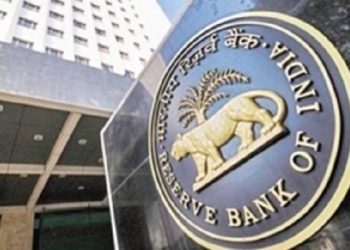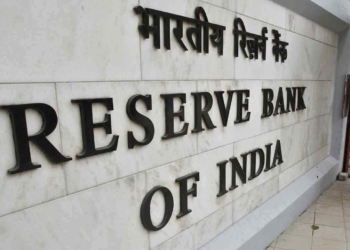Chennai: Evolving geo-political situation, digitalisation reforms, the financial cycle is poised to turn upward after years of balance sheet repair.
The wearing off of the pandemic impact and commodity price shocks are some of the growth magnets for India, said the Economic Survey 2022-23.
The Survey also states that reforms are needed to ensure the economic growth can accelerate and be sustained at higher levels.
The Survey was tabled in the Parliament on Tuesday.
The evolving geo-political situation also presents an opportunity for India to benefit from the diversification of global supply chains. The last few years have exposed multinational firms to unprecedented risks due to global trade tensions, pandemic-induced supply chain disruptions, and the conflict in Europe, the Survey notes.
“Firms were exposed to the risk of concentrating their production in a single country. Therefore, given the global policy uncertainty, multinational firms are gradually exploring strategies to diversify their production bases and supply chains,” the Survey said.
With enabling policy frameworks, India presents itself as a credible destination for capital diversifying out of other countries.
While the new age reforms undertaken over the last eight years form the foundation of a resilient, partnership-based governance ecosystem and restore the ability of the economy to grow healthily, further reforms are needed to ensure that economic growth can both accelerate and be sustained at higher levels, to deliver a better quality of life.
The deregulation and simplification of compliances should continue to dismantle the licensing, inspection and compliance regime entirely.
“State governments have to address power sector issues, and the financial viability concerns of the Discoms have to be addressed. Impetus must be given to education and skilling to match the requirements of modern industry and technologies, deal with twenty-first-century challenges such as climate change and energy transition, and make the most of India’s demographic dividend,” the Survey said.
With 2023 designated as the International Year of Millets, the Survey states that initiatives to sensitise the population towards a healthy lifestyle should be continued.
Strategies to arrest and reverse the rising obesity levels should be adopted.
Long-range plans need to be formulated to secure the necessary metals and minerals required for energy transition and diversification.
Determined efforts should be taken to make the public sector asset monetisation scheme successful in realising wide-ranging efficiency gains from the programme. If asset monetisation revenues are used to reduce public sector debt, the sovereign credit rating will improve, leading to a lower cost of capital, the Survey said.
Reforms to reduce the compliance burden on MSMEs, enhance their access to finance and working capital and equip them with skills, knowledge and attitude to grow their businesses responsibly must continue.
According to the Survey, the state governments should make conclusive progress on the various factor market reforms in different stages of completion.
(IANS)
















